Seventy years after the attack on Pearl Harbor and America’s entry into World War II, the nation is once again at war. Of course, there have been other wars, conflicts, police actions, interventions, or exercises in nation building since that fateful Sunday morning of December 7, 1941.
Whether an individual agrees with U.S. military involvement in Korea, Vietnam, Latin America, Grenada, Panama, Desert Shield/Storm, Iraq, or Afghanistan, it may be argued that each of these was in defense of freedom, for the protection of the American people or possibly defenseless human beings in some faraway place who were otherwise at the mercy of despots or regimes seemingly bent on world domination or self-destruction.
For all its faults and for the many mistakes or regrettable episodes in its history, the United States has displayed during the 20th and 21st centuries a remarkable altruism, an altruism lived out to the extent that American blood was shed, American treasure was expended, and American prestige was put at risk. Further, those who have alleged that American military expeditions have been mounted for the purpose of controlling oil or land must agree that the recent withdrawal of troops from Iraq supports neither premise.
All this is stated to pose a simple question regarding U.S. involvement in World War II. Would the United States have entered the war if Pearl Harbor had not been attacked? Every indication is that it would. President Franklin D. Roosevelt had already engaged in a shooting war with German U-boats in the Atlantic and sent tremendous amounts of Lend-Lease aid to Great Britain. Could even the staunchest isolationist have stood by and ignored the atrocities occurring on such a massive scale in Nazi-occupied Europe? As much as they had tried to hide their genocide, the criminal conduct of the Nazis was bound to be brought to light sooner or later.
Perhaps of even greater concern was the prospect that Nazi Germany might declare war on the United States. After all, it was Germany that issued such a declaration on December 11, 1941, four days after the Pearl Harbor attack.
As for the Japanese, Admiral Isoroku Yamamoto had been against war with the United States. However, when it appeared that the militarists within the Japanese government were intent on opening hostilities, he demanded that the attack on Pearl Harbor be carried out. When the proposal was initially rejected, he threatened to resign. Yamamoto knew the risks of war with the United States but saw the sneak attack as the only option for Japan to win a negotiated peace and retain its empire in the Far East.
Had Yamamoto been allowed to resign and the Japanese government continued to pursue a policy of expansion in Asia and the Pacific, there is little doubt that the harsh exchange of diplomatic notes between the Japanese and U.S. governments that occurred right up to December 7 would have ceased and that war would have been declared. It is likely that the Japanese would have struck first in the Philippines or Malaya anyway.
While the attack on Pearl Harbor was crippling for the U.S. Pacific Fleet, it must also be seen as a strategic misstep for the Japanese. The United States Navy that regenerated from the mud of Pearl Harbor became the most modern and powerful naval force in the world. Pearl Harbor galvanized the American people and silenced the isolationist movement at home. If Japanese bombs had fallen first on Singapore or Manila would such a groundswell of patriotism have been realized?
Regardless of any revisionist thought process, it does appear inevitable that the United States would have entered World War II whether or not such a stunning blow as Pearl Harbor had been struck. In the end, the United States and its allies fought back with victorious vengeance.
Michael E. Haskew
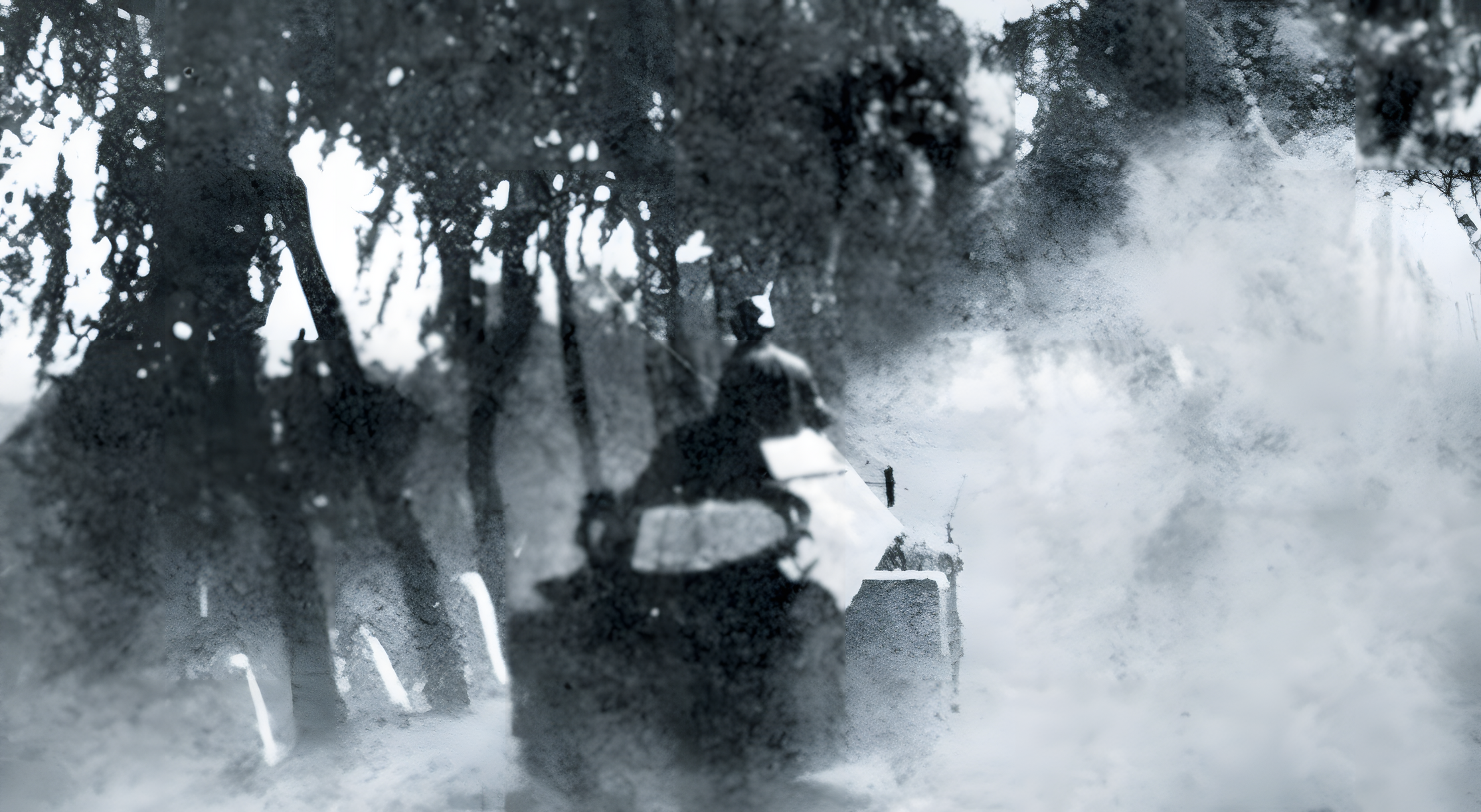



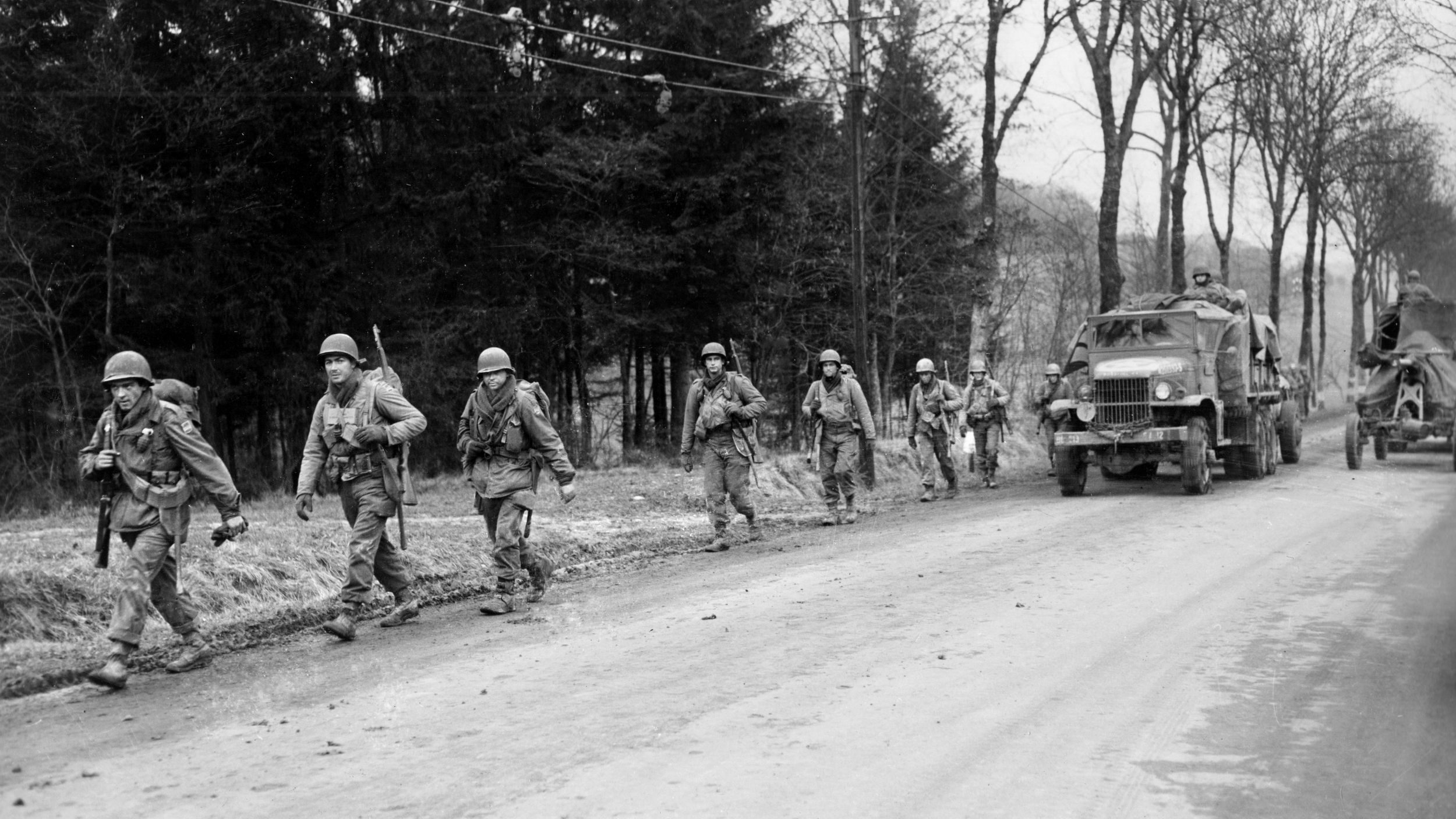
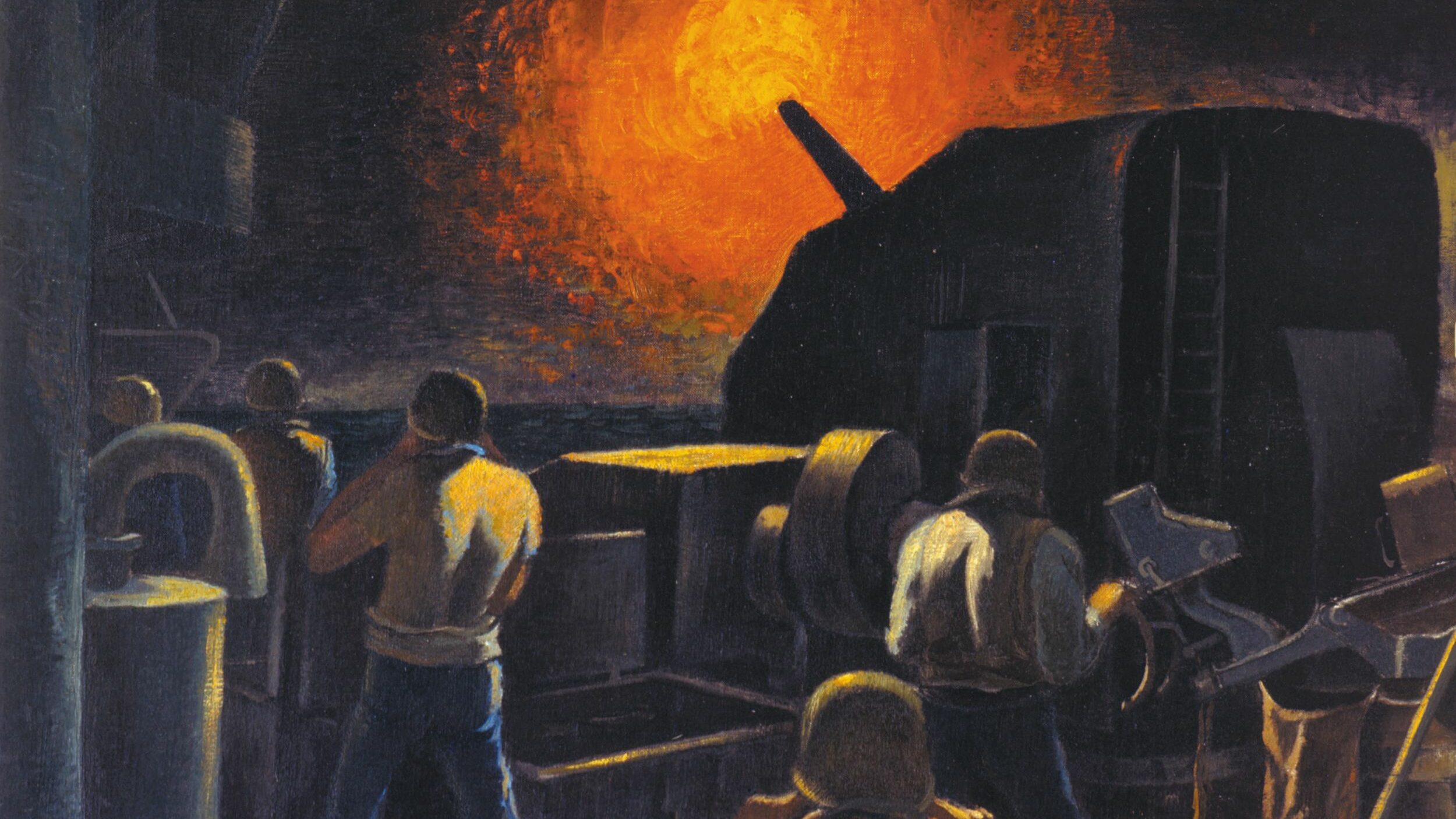
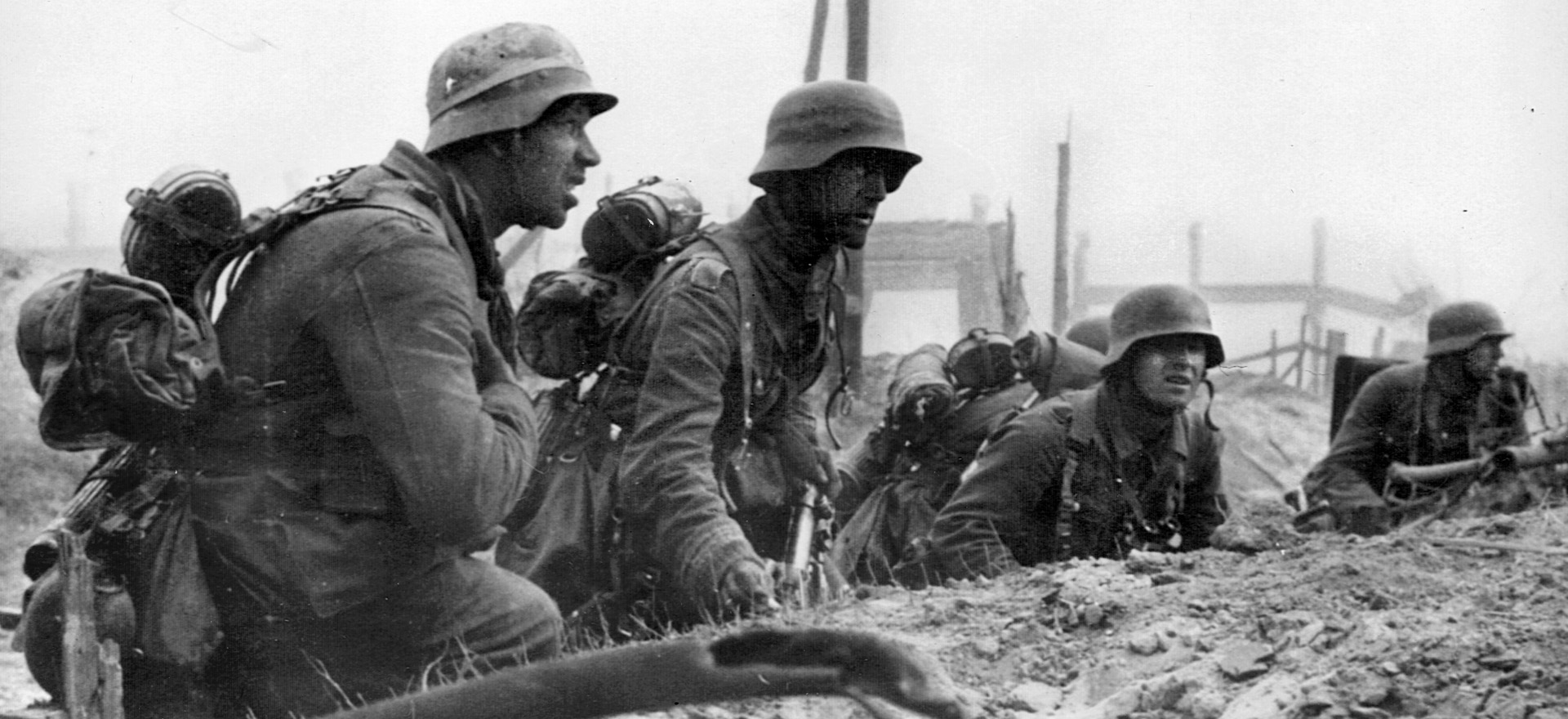
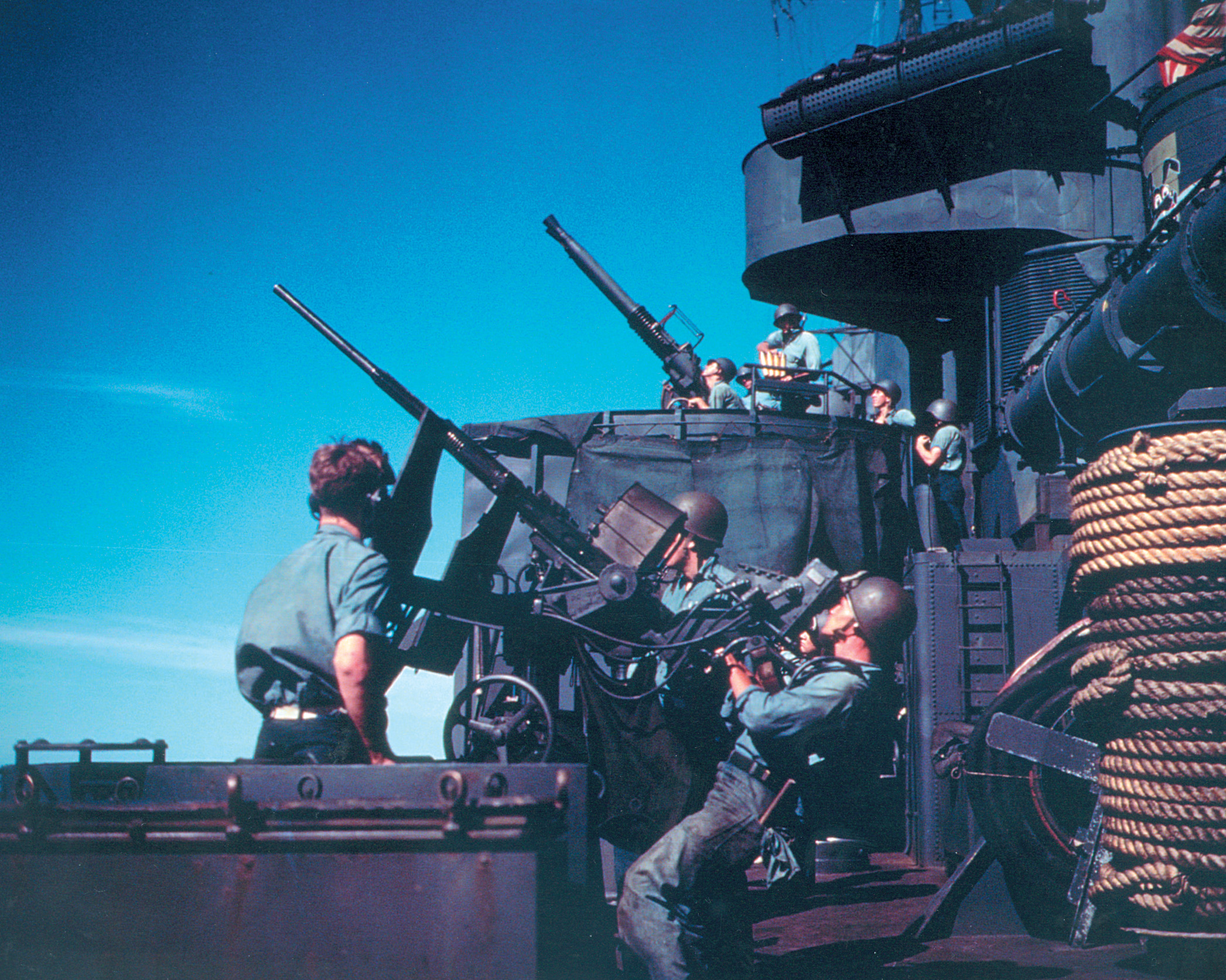
Join The Conversation
Comments
View All Comments